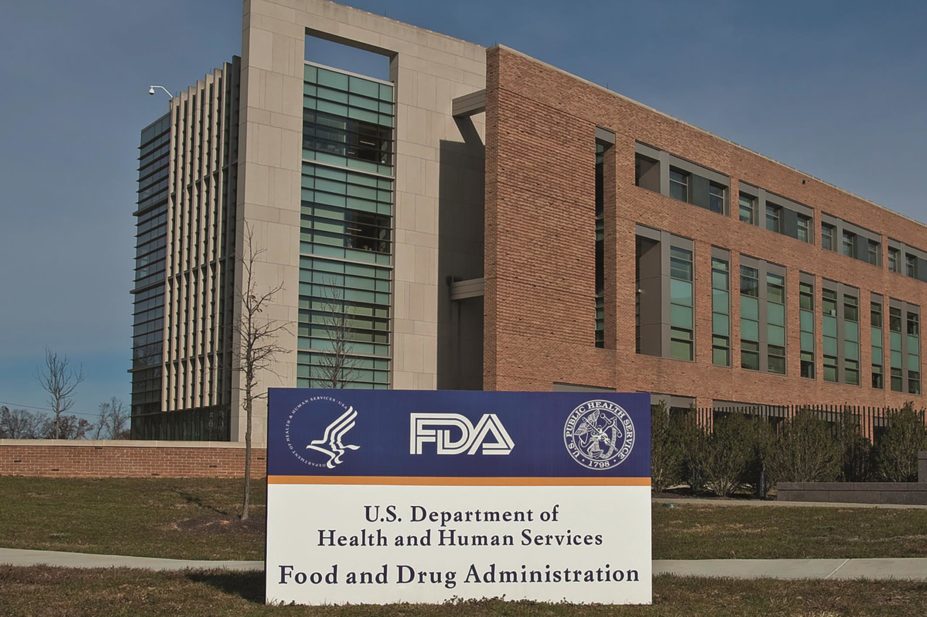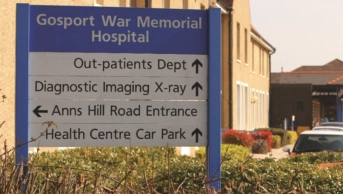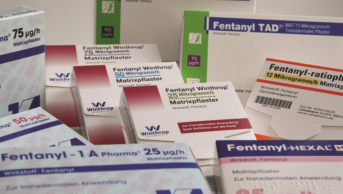
US Food and Drug Administration
A drug safety surveillance programme, which analyses electronic health data from more than 125 million people, has been launched by the US Food and Drug Administration (FDA).
Sentinel tracks the safety of FDA-regulated drugs, biologics and medical devices by identifying any common adverse reactions. The programme has been rolled out after a successful pilot project, Mini-Sentinel, which began in 2008.
“Sentinel and Sentinel-like programmes that do post-marketing surveillance are the future of healthcare,” says Dean Sittig, a researcher at the University of Texas School of Biomedical Informatics at Houston. “We can now learn about adverse reactions relatively quickly.”
The key to this increased speed in detection is in the sampling, says Sittig. Before the advent of widespread use of electronic patient health records, surveillance could only be conducted with – and based on – small data samples, which could bias the outcome of a study.
“Now electronic health records allow us to capture all the data, thereby allowing us to find events that, in the past, would not have bubbled up so fast,” he says.
Under the system, a patient sees his or her doctor, who notes the complaint electronically including what, if any, drug the patient was prescribed. Some time later, the patient returns, complaining of a rash or other problem. The physician also notes that information on the electronic record. The technology behind the surveillance programme constantly looks for different types of adverse reactions, and matches those reactions with the name of the drug listed in the data.
“If, say, a higher-than-normal percent of rashes have occurred in people taking a certain drug, it’s a red flag, and an investigation can begin,” says Sittig.
However, some issues associated with this type of technology fuel concern. “False alarms may be generated from the data and, although a drug company does not want to sell an unsafe product, it also does not want to lose millions of dollars if there is no basis to it being taken off the market,” he says. “There may also be privacy concerns resulting from a widespread use of computers by doctors and hospitals, as well as the massive effort to gather data together.”
Sittig says there’s global interest in this type of drug-safety surveillance. “Many physicians are interested in Sentinel as a model, including the technology, laws, regulations and protections behind it,” he says, also noting that heightened concern with privacy issues in Europe may be a potential stumbling block.
At the grass roots level, however, professionals who dispense drugs to patients see the value. “Pharmacists are actively engaged in monitoring patients for adverse events related to their medications, and so Sentinel aligns with what our professionals do to try to ensure patient safety,” says Anne Burns, vice president of professional affairs at the American Pharmacists Association, in Washington, DC.


